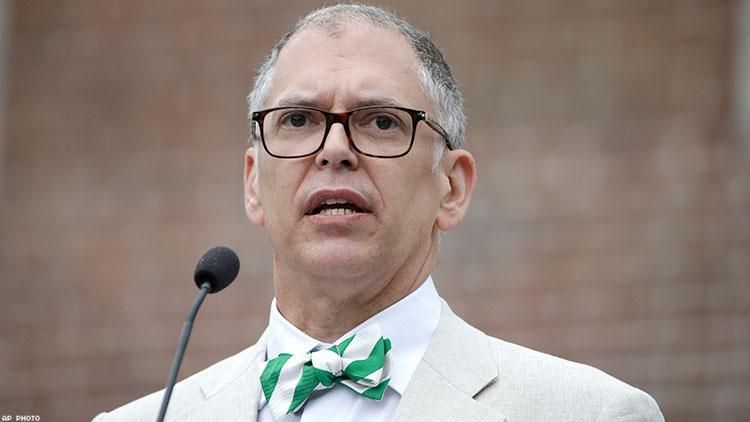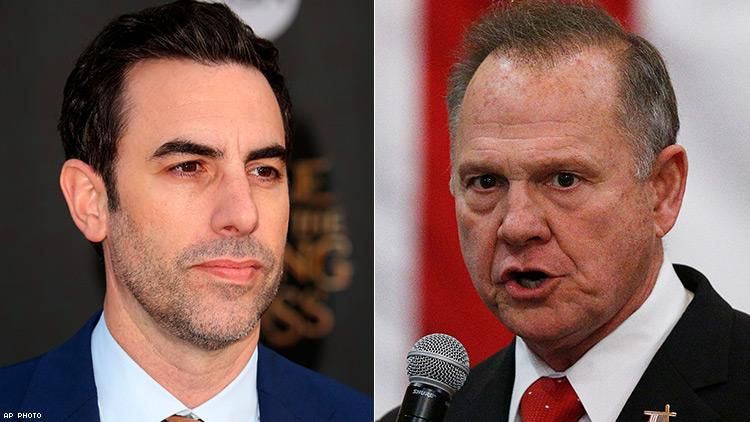BREAKING: India Supreme Court Overturns Colonial-Era Law Criminalizing Same-Sex Relationships

Today, HRC celebrated a historic decision by the Supreme Court of India overturning Section 377 of the Indian Penal Code — a British colonial-era law dating back to 1861 that criminalized consensual sexual relationships between adults of the same sex.
“This monumental decision by India’s Supreme Court finally ends a deeply discriminatory law that violated the dignity and most fundamental human rights of LGBTQ people in India,” said HRC Global Director Ty Cobb. “We congratulate the plaintiffs in this case and the LGBTQ advocates who worked tirelessly for decades to achieve this tremendous victory. We hope this decision in the world’s largest democracy and second most populous country will set an example and galvanize efforts to overturn similar outdated and degrading laws that remain in 71 other countries.”
“The soul of this nation had been bruised and battered because of this archaic law,” said Harish Iyer, a 2018 HRC Global Innovator and Indian LGBTQ advocate who was involved in the legal challenge to Section 377. “Today, we have reaffirmed our right to our bodies and our right to love. The rainbow flag is proudly hoisted in our hearts and minds as we celebrate this victory.”
In July, the Supreme Court of India held four days of hearings on six cases involving Section 377. While previous governments had argued in favor of retaining the harmful law, Prime Minister Narendra Modi’s government announced at the hearings that it would defer to the Supreme Court in deciding whether to decriminalize same-sex relationships between consenting adults. Today’s verdict comes at the end of almost two decades of legal battles which saw parts of Section 377 criminalizing same-sex conduct overturned by the Delhi High Court in 2009 then reinstated by the Supreme Court in 2013.
With a population of more than 1.3 billion, India is the world’s largest democracy and was the most populous of 72 countries that criminalize same-sex relations. In up to 10 countries, same-sex relations may be punishable by death. The Indian Supreme Court’s decision could significantly influence upcoming court cases and galvanize decriminalization efforts in other British Commonwealth countries — including in neighboring countries Sri Lanka, Myanmar, Malaysia and Singapore.




 #Reading
#Reading 